This School District Is Turning Cafeteria Leftovers into Take-Home Meals for Students
Updated April 20 2020, 2:59 p.m. ET
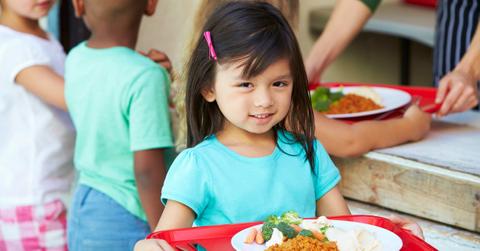
A South Bend, Indiana non-profit, Cultivate, is working towards ending food waste in schools while simultaneously making sure hungry kids have enough to eat.
Anyone who's ever worked in a school will tell you the laws surrounding lunches are borderline insane. Title-1 schools specifically have some particularly funky regulations. For instance, you've got to put the food in front of the kid even if they're not going to eat it.
Students are also not allowed to take food home because of liability issues. Never mind the fact plenty American families are struggling with food insecurity and could use the extra dollars they'd save every week while ensuring they have healthy food to feed their kids. It's not like they could sign a waiver at the beginning of the year protecting the school and district from liability if families bring food home and claim it made them sick, right?
Then there are the practices of school cafeterias themselves. There are horror stories from all over the country about kids who aren't able to get a hot lunch because they owe too much money. It's gotten so bad, people are starting GoFundMe campaigns to pay the fees off.
Connecting the dots, it isn't hard to see, if a student's parent doesn't have the money to pay for cafeteria food — which is, on average, quite inexpensive — they probably aren't getting the best nutrition at home. Enter Cultivate.
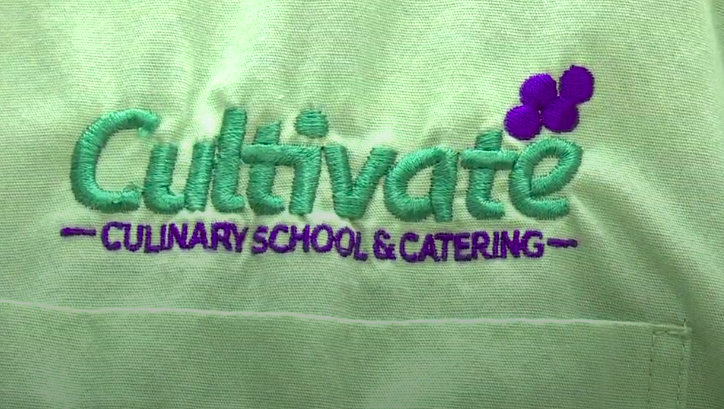
Within their pilot program, Cultivate repackages leftover cafeteria food and turns it into weekend meals for low-income students at Elkhart Community Schools.
"Mostly, we rescue food that’s been made but never served by catering companies, large food service businesses, like the school system. You don't always think of a school," said said Jim Conklin of Cultivate.
Over-preparation of meals is common among large-scale catering operations, because it's always better to have more than to run out. Cultivate's model ensures the unused food is packaged with other food to comprise healthy, balanced meals.
"Over-preparing is just part of what happens," said Conklin. "We take well-prepared food, combine it with other food and make individual frozen meals out if it."
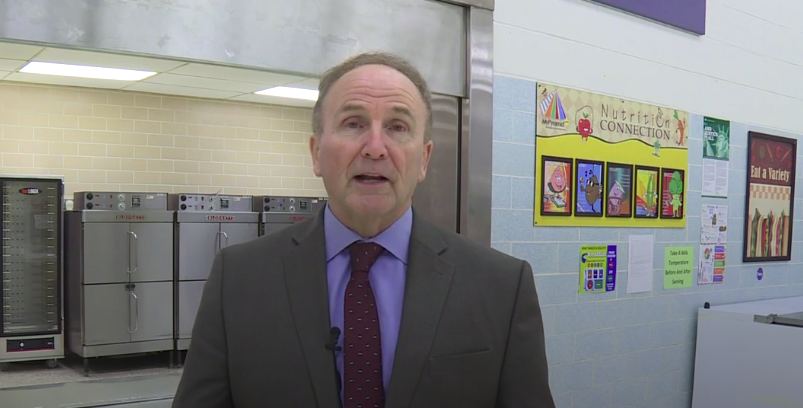
Twenty students will receive backpacks with eight individually packaged and wrapped frozen meals every Friday until the last day of the school year.
Natalie Kickel of Elkhart Community Schools Student Services welcomes Cultivate's work:
"At Elkhart Community Schools, we were wasting a lot of food. There wasn't anything to do with the food. So they came to the school three times a week and rescued the food."
As one can imagine, there's a ton of bureaucracy involved with passing any initiative in a school district, especially one as confusingly "controversial" (for some reason) as making sure hungry kids have food to eat.
That's where the Greater Elkhart Chamber of Commerce's Leadership Academy came in. They helped facilitate the program.
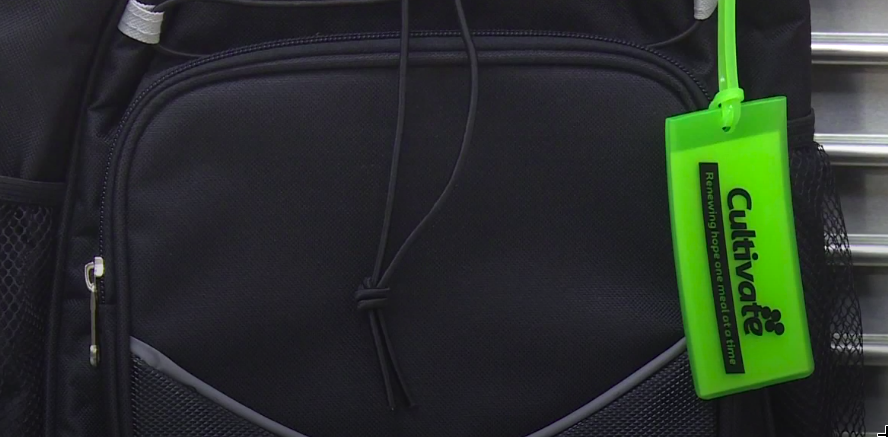
Council Liaison Melissa Ramey says, "It’s making a big impact...I am proud of that. It was heartbreaking to hear that children go home on the weekends and that they don't have anything to eat."
The sad truth is, many political groups not only try to block initiatives for providing healthier eating options for students, but also want to stop funding school lunches altogether.
It's bad enough some students are having their hands stamped when their parents are unable to pay their school lunch balances, but now there are people who want to take away what could be the only healthy meal a child has in their day.
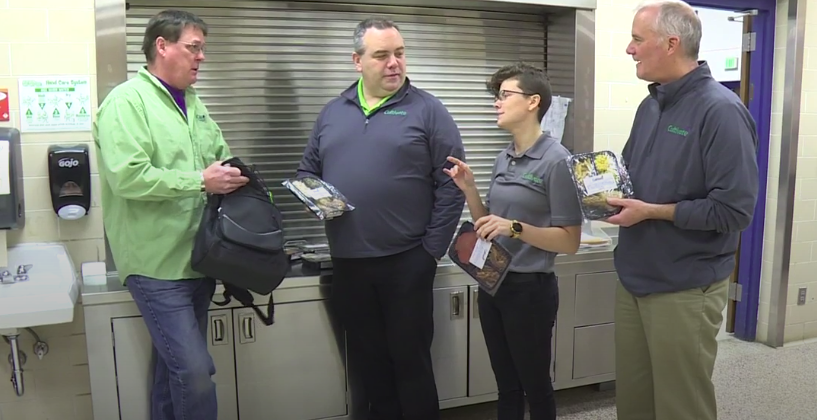
Again, anyone who works in a low-income area will tell you throngs of kids see school as a means of escaping poor home situations and who look at weekends and school breaks with a sense of dread because they may signify going to bed with an empty stomach. It's great to see Cultivate doing work like this for students. Here's hoping they're able to expand to other districts. (h/t wjla)